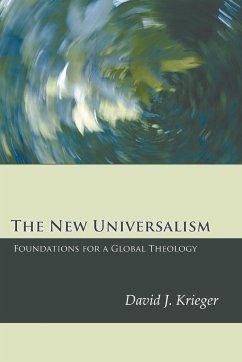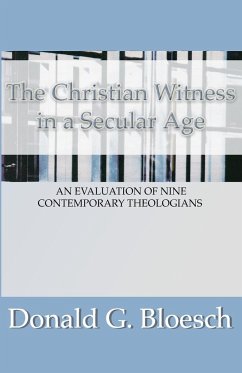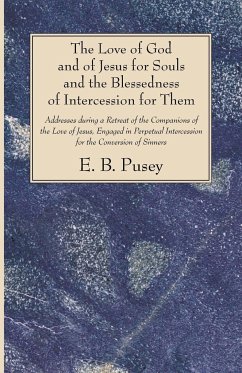By making claims for its universalism a religious community establishes its collective identity, orients itself in the world, and articulates its basic common convictions about what is real, meaningful, valuable. For those engaged in the search for a theology of religions in today's context of appreciation for radical plurality, the question is this: Can there be a single, unified theology that expresses adequately the apparently very different truths of humanity's religions? 'The New Universalism' argues that theology can no longer content itself with correlating the question which the world poses with the answer given in revelation. Within today's global horizon every religion and worldview has as much right to answer the basic questions of human existence as any other. The task confronting theology, therefore, lies in the integration and mutual appropriation of many seemingly conflicting revelations. Drawing upon the work of Panikkar and Wittgenstein, Krieger constructs a method and a philosophical foundation for resolving ideological conflicts and carrying out a theological appropriation of non-Christian religions.








